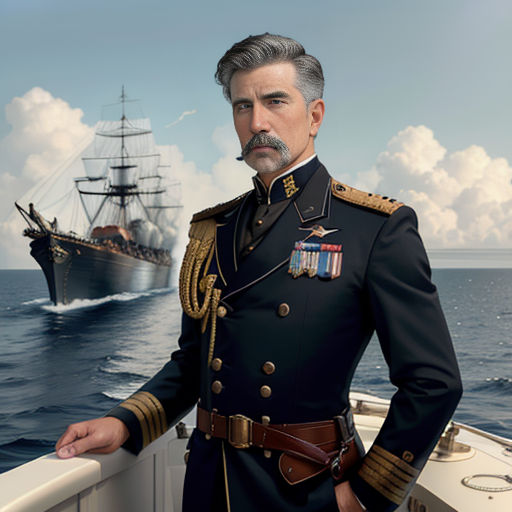
Victory in Manila Bay
By king

04 Nov, 2023
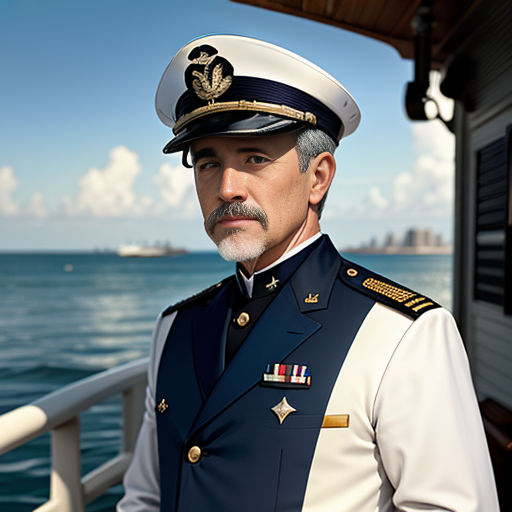
The morning of May 1, 1898, dawned clear and bright over the waters of Manila Bay. Commodore George Dewey, Commander of the United States Asiatic Squadron, stood on the deck of his flagship, the USS Olympia, scanning the horizon.

His eyes were fixed on the distant silhouette of the Spanish Pacific Squadron, under the command of Rear Admiral Patricio Montojo. The Spanish fleet was anchored off the coast of the island of Luzon.
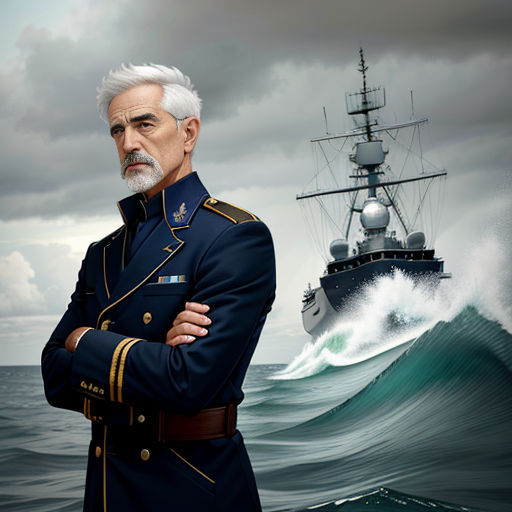
Dewey had a plan. He knew his fleet was significantly outnumbered, but he also knew the element of surprise was on his side. He gave the order to advance, and the American ships began to move.
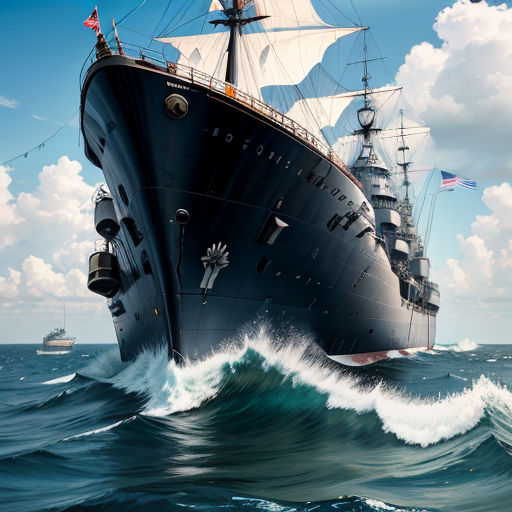
As the American fleet moved closer, the Spanish ships remained anchored, seemingly oblivious to the approaching danger. Dewey's plan was working, and he felt a surge of anticipation.
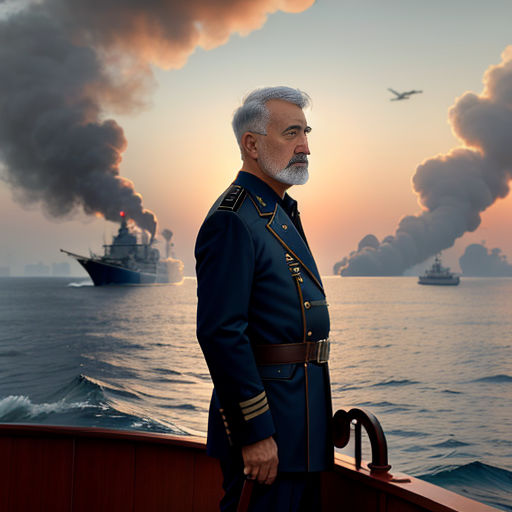
Suddenly, the silence of the morning was shattered by the deafening roar of cannon fire. The Battle of Manila Bay had begun. Dewey's ships opened fire on the Spanish fleet.
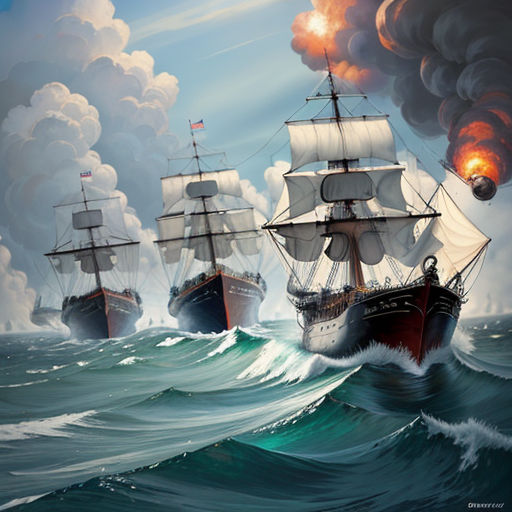
The Spanish were caught off guard, and their response was slow and disorganized. Dewey's plan was working better than he could have hoped.
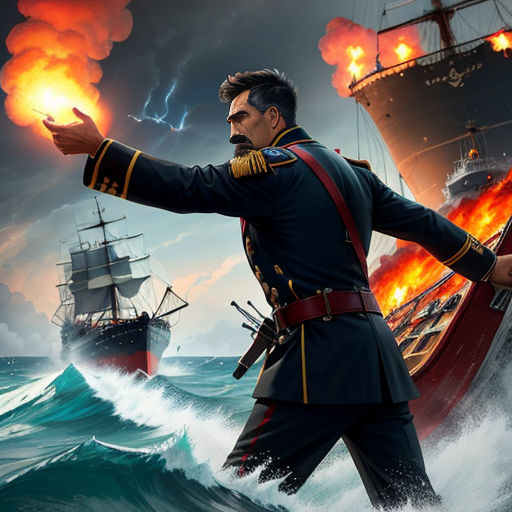
On the Spanish flagship, Rear Admiral Montojo watched in disbelief as his fleet was torn apart. He ordered his ships to return fire, but it was too late.
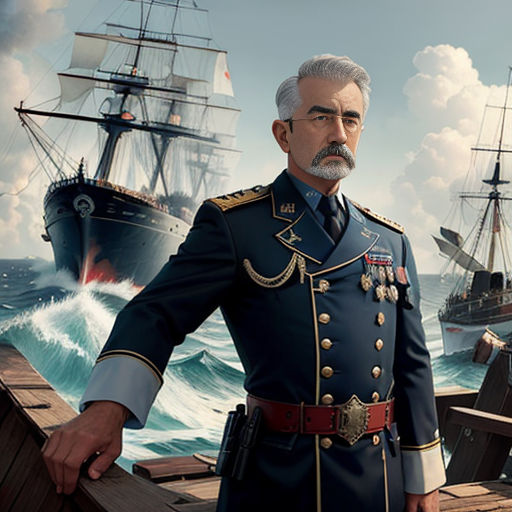
The American ships continued their barrage, and one by one, the Spanish ships succumbed. The waters of Manila Bay were littered with the wreckage of the once proud Spanish fleet.
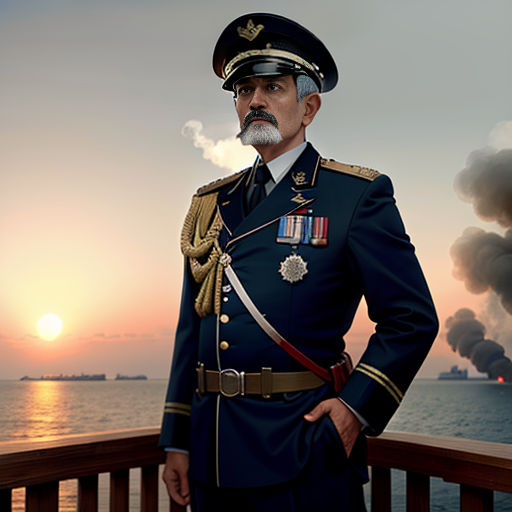
With the Spanish fleet in ruins, Dewey ordered his ships to cease fire. The Battle of Manila Bay was over, and the American victory was complete.
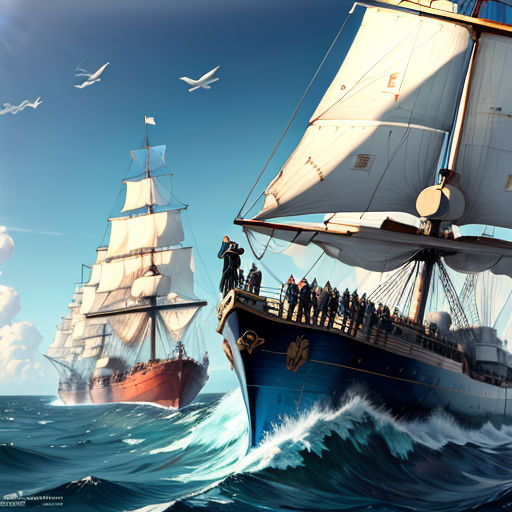
The American sailors cheered as they realized the magnitude of their victory. They had defeated a superior force and had done so with minimal damage to their own fleet.
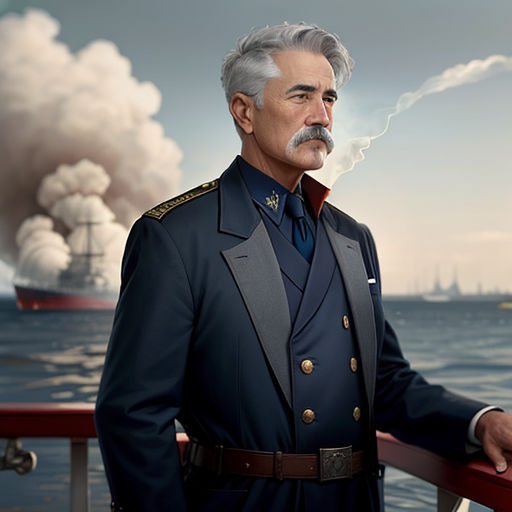
Dewey stood on the deck of the Olympia, looking out over the carnage. He felt a mixture of relief and satisfaction. His daring plan had worked, and the American flag now flew unchallenged over Manila Bay.
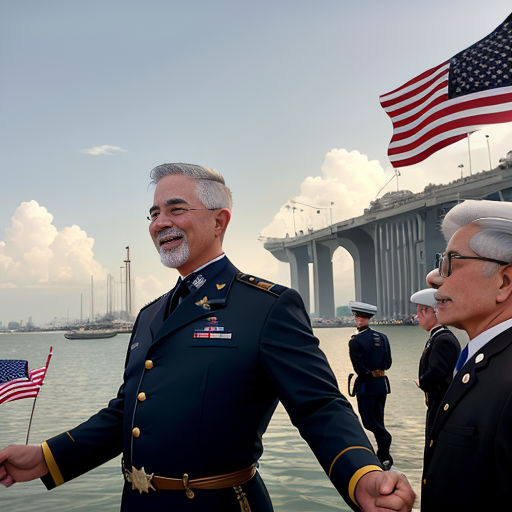
The news of the victory at Manila Bay reached America, and it was met with jubilation. Dewey was hailed as a hero, and his name became synonymous with American naval prowess.
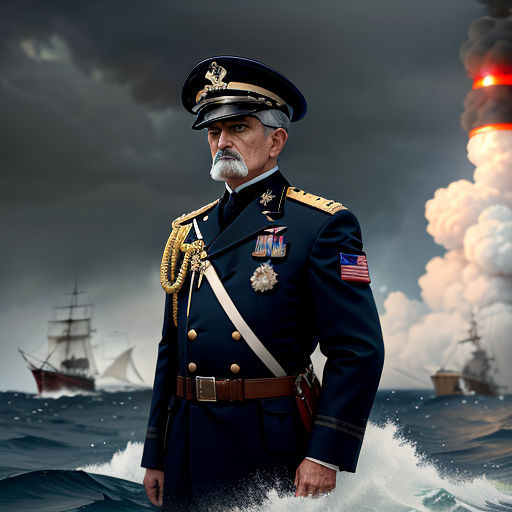
The victory also had significant political implications. It marked a turning point in the Spanish-American War and paved the way for the American occupation of the Philippines.
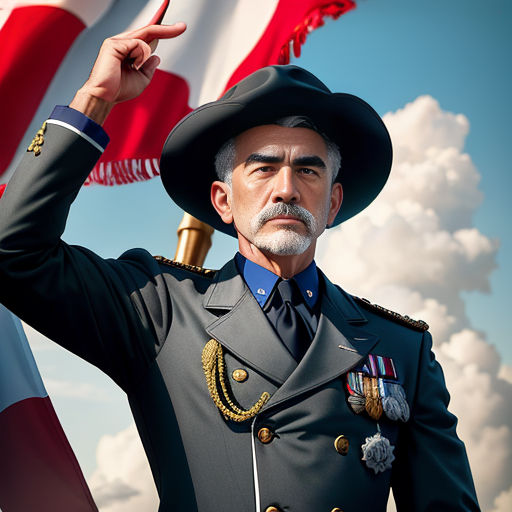
In the aftermath of the battle, the United States emerged as a new global power. The Battle of Manila Bay was a testament to American ingenuity and determination, and it was a victory that would long be remembered.
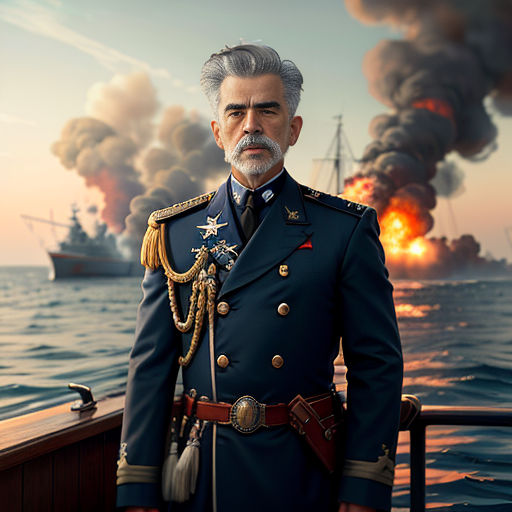
The Battle of Manila Bay was not just a military victory. It was a symbol of American resolve and ambition. And for Dewey, it was the defining moment of his career.
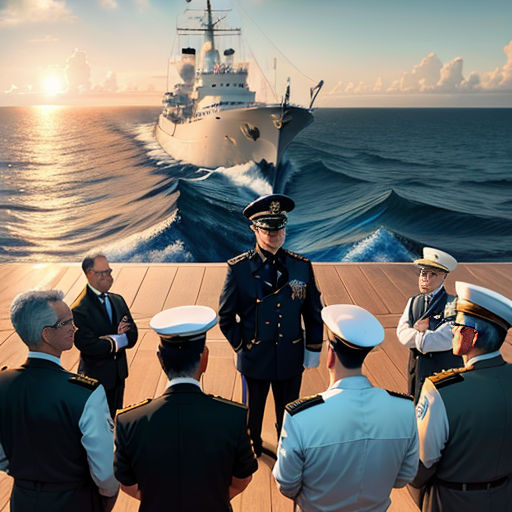
The once distant silhouette of the Spanish Pacific Squadron was no more. In its place was the victorious United States Asiatic Squadron, standing tall under the command of Commodore George Dewey.

The sun set on Manila Bay, casting long shadows over the wreckage of the Spanish fleet. The once bustling bay was now eerily silent, save for the triumphant cheers of the American sailors.
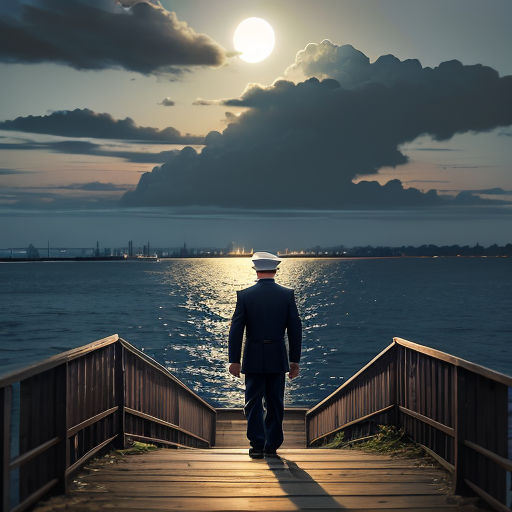
As night fell, Dewey retired to his cabin, leaving the celebration behind. His mind was already on the challenges that lay ahead. The Battle of Manila Bay was won, but the war was far from over.
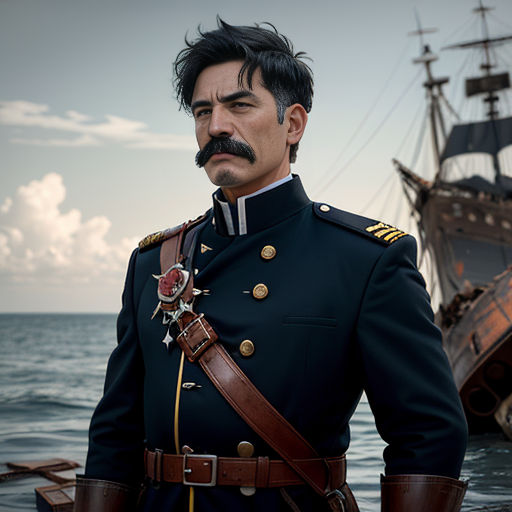
Meanwhile, in the ruins of the Spanish fleet, Rear Admiral Montojo was left to contemplate the devastating defeat. His once formidable fleet was now nothing more than a memory.

The Battle of Manila Bay was a harsh reminder of the realities of war. It was a testament to the power of strategy and the importance of decisive leadership. And for the United States, it was the beginning of a new era.
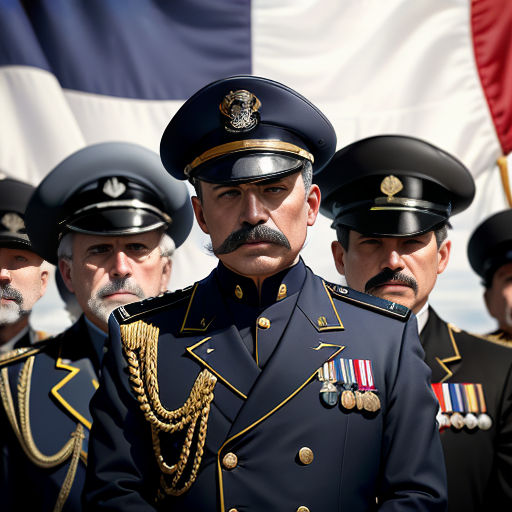
The sun rose on a new day, casting its light over the victorious American fleet. For Commodore Dewey and his men, it was a day of celebration. For the defeated Spanish, it was a day of mourning.
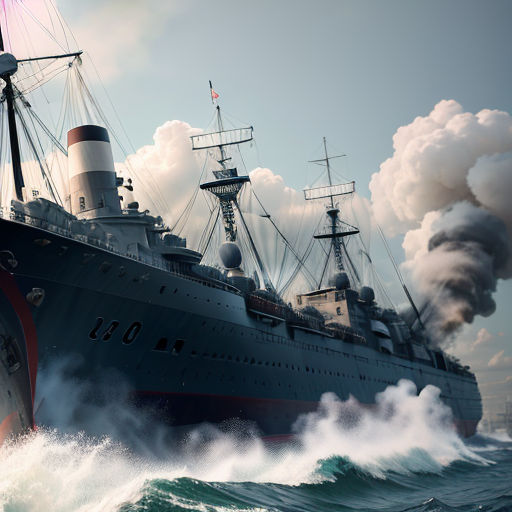
In the days that followed, the repercussions of the Battle of Manila Bay were felt far and wide. The victory changed the course of the Spanish-American War and reshaped the geopolitical landscape.
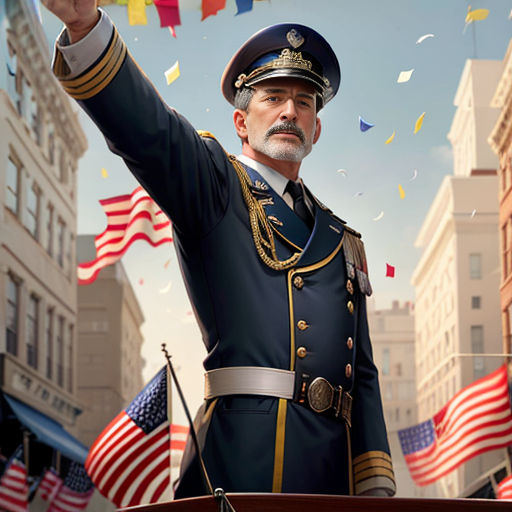
Commodore Dewey returned to America a hero. His daring tactics and decisive victory had turned the tide of the war and had earned him a place in the annals of American history.

Meanwhile, Rear Admiral Montojo returned to Spain in disgrace. His defeat at Manila Bay marked the end of Spain's imperial ambitions and the beginning of a period of decline.
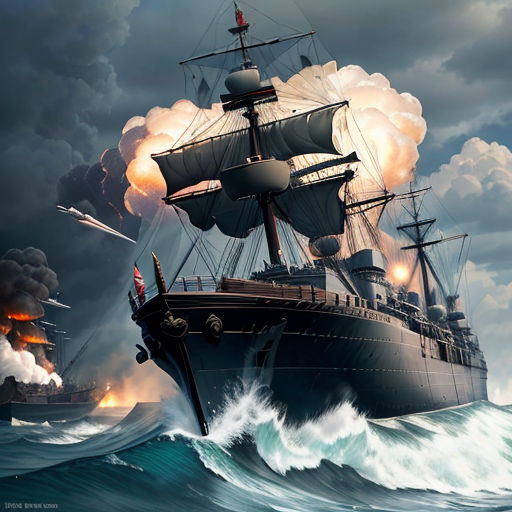
The Battle of Manila Bay was a monumental event that altered the course of history. It marked the rise of the United States as a global power and the decline of Spain as an imperial power.
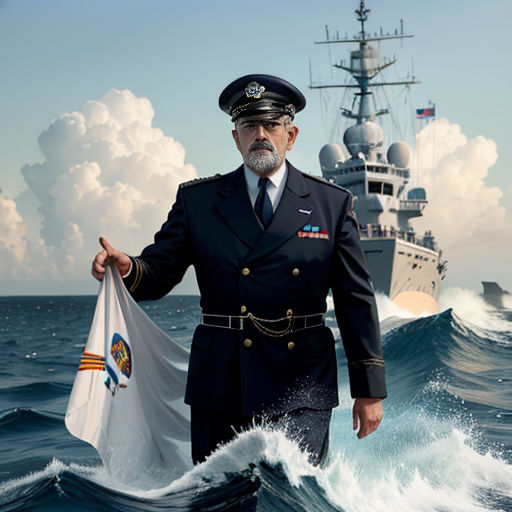
The battle was not just a clash of naval power, but a clash of ideologies. The victory of the United States symbolized the triumph of democracy over monarchy, of innovation over tradition.
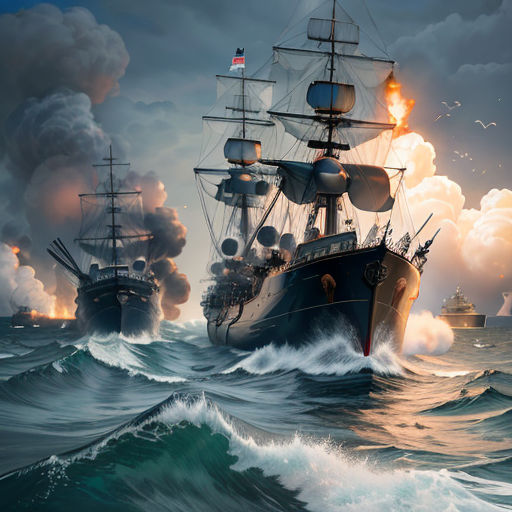
The legacy of the Battle of Manila Bay continues to resonate today. It serves as a reminder of the power of strategic planning, decisive action, and the spirit of determination.

As the sun set on Manila Bay, the victorious American fleet sailed away, leaving behind the wreckage of the Spanish fleet. The Battle of Manila Bay was over, but its impact would be felt for generations to come.
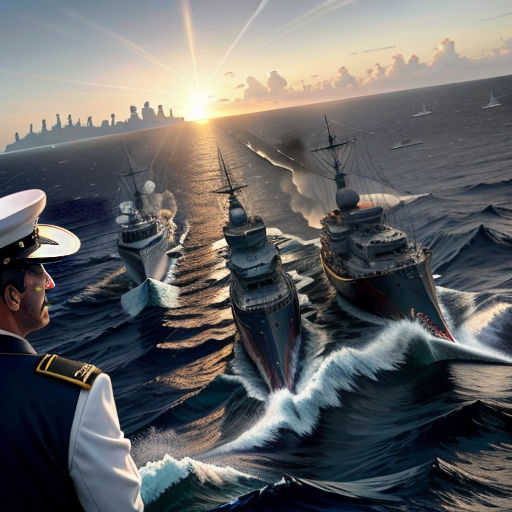
The story of the Battle of Manila Bay serves as a testament to the courage and tenacity of the American naval forces. It is a tale of victory against odds, and a lesson in strategic military planning.
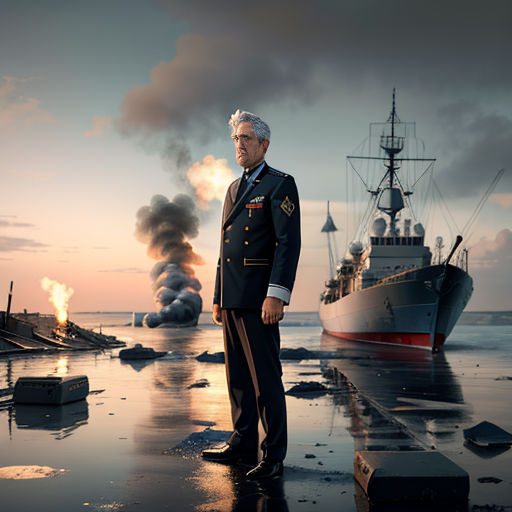
As the echoes of the battle faded, the legacy of Commodore Dewey and his men lived on. Their victory at Manila Bay would forever be remembered as a defining moment in American history.
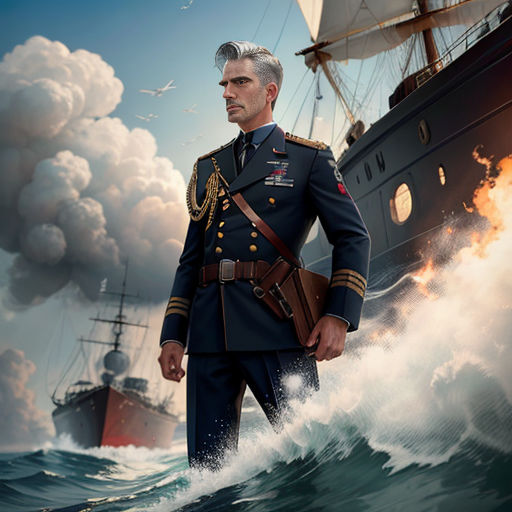
For Commodore Dewey, the Battle of Manila Bay was the pinnacle of his career. His name would forever be associated with one of the greatest naval victories in American history.

The Battle of Manila Bay was a turning point in the Spanish-American War. It marked the end of Spanish rule in the Philippines and the beginning of American influence in the Pacific.
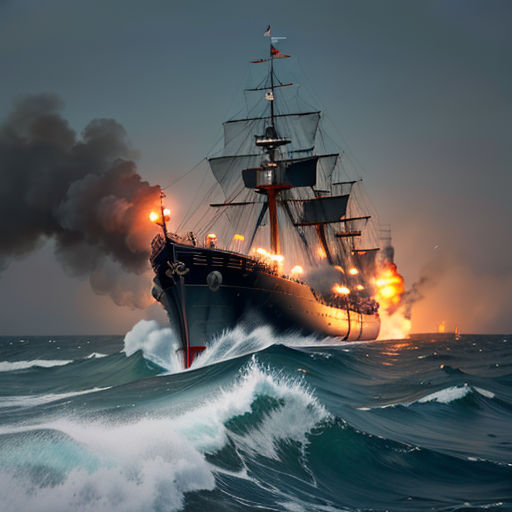
As the story of the Battle of Manila Bay echoes through history, it continues to inspire and captivate. It is a tale of daring, courage, and a victory against all odds.
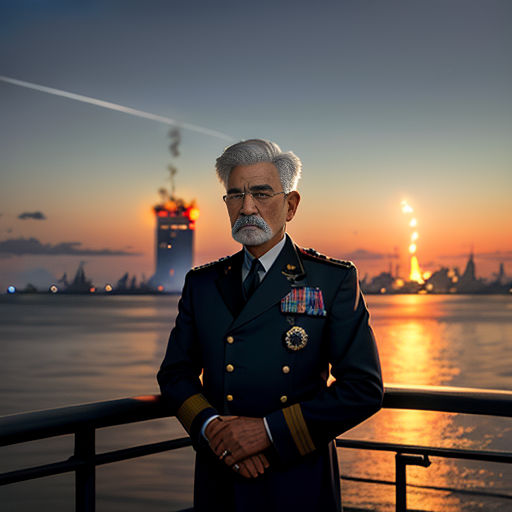
The Battle of Manila Bay was a decisive moment in American history. It marked the rise of the United States as a global power and set the stage for its future in the Pacific.
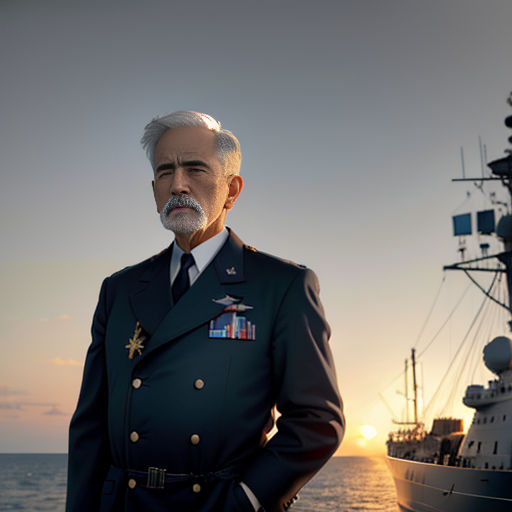
Through the smoke and fire of the Battle of Manila Bay, a new era dawned. It was an era marked by American victory, Spanish defeat, and the birth of a new global order.